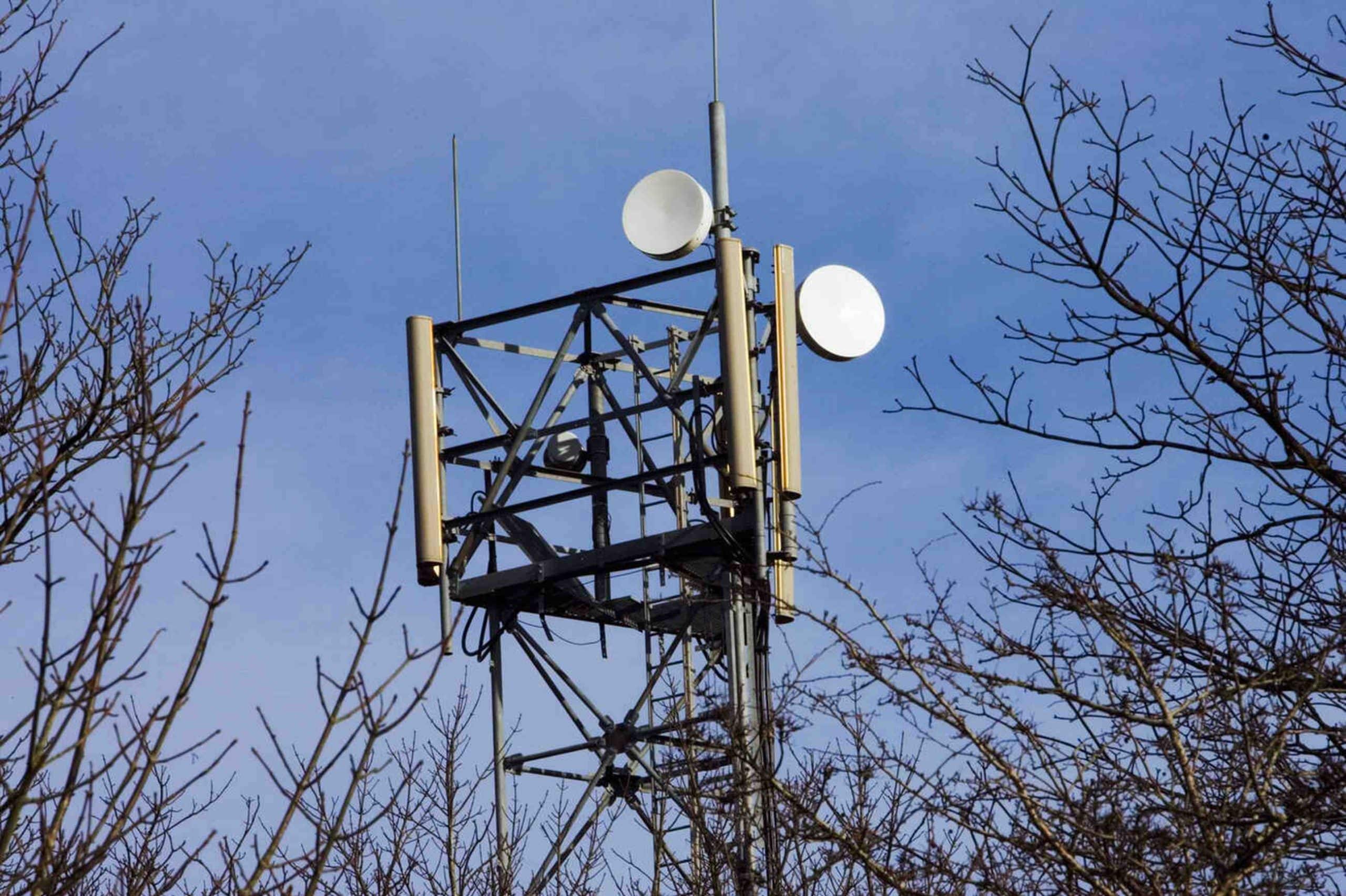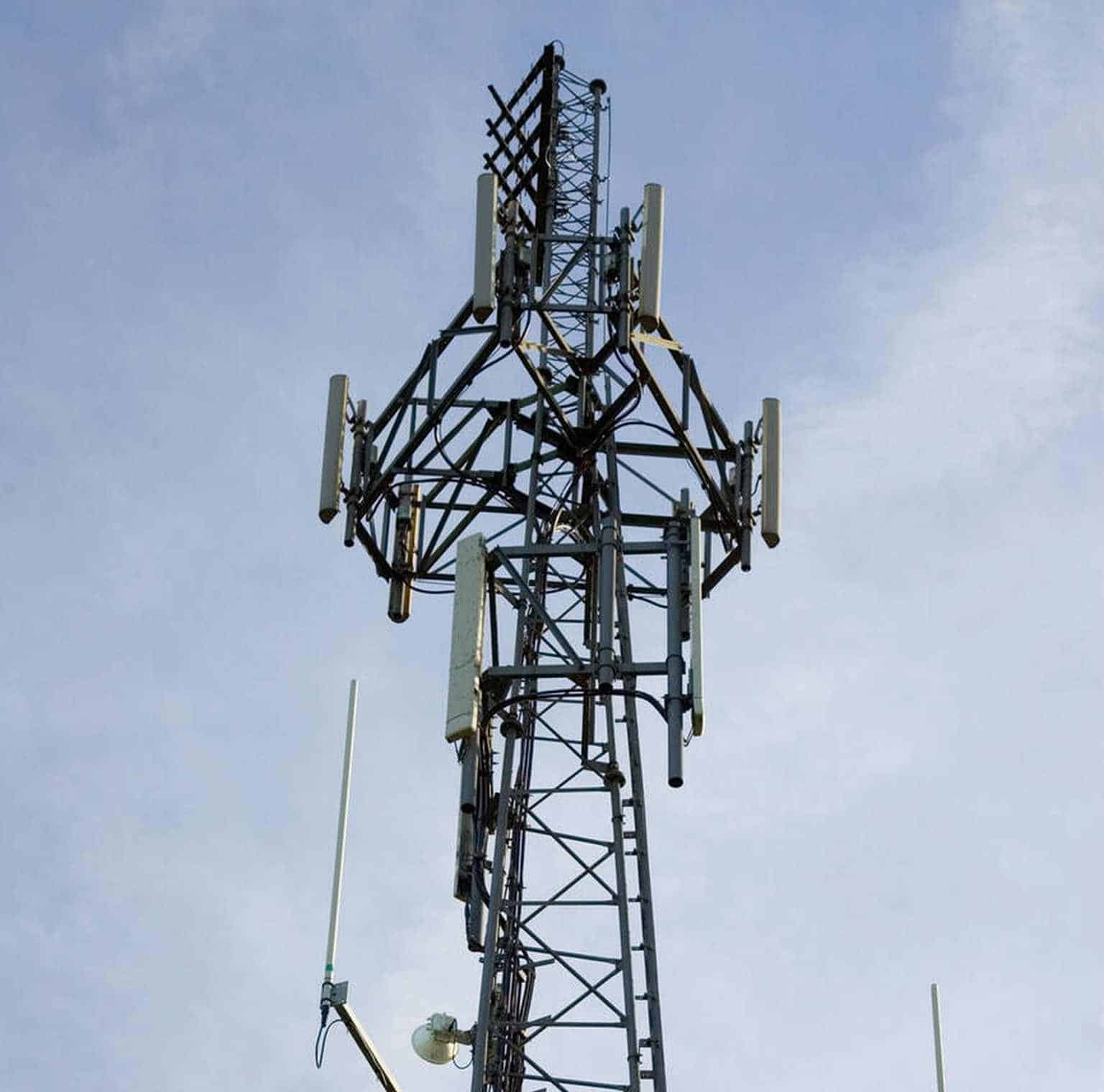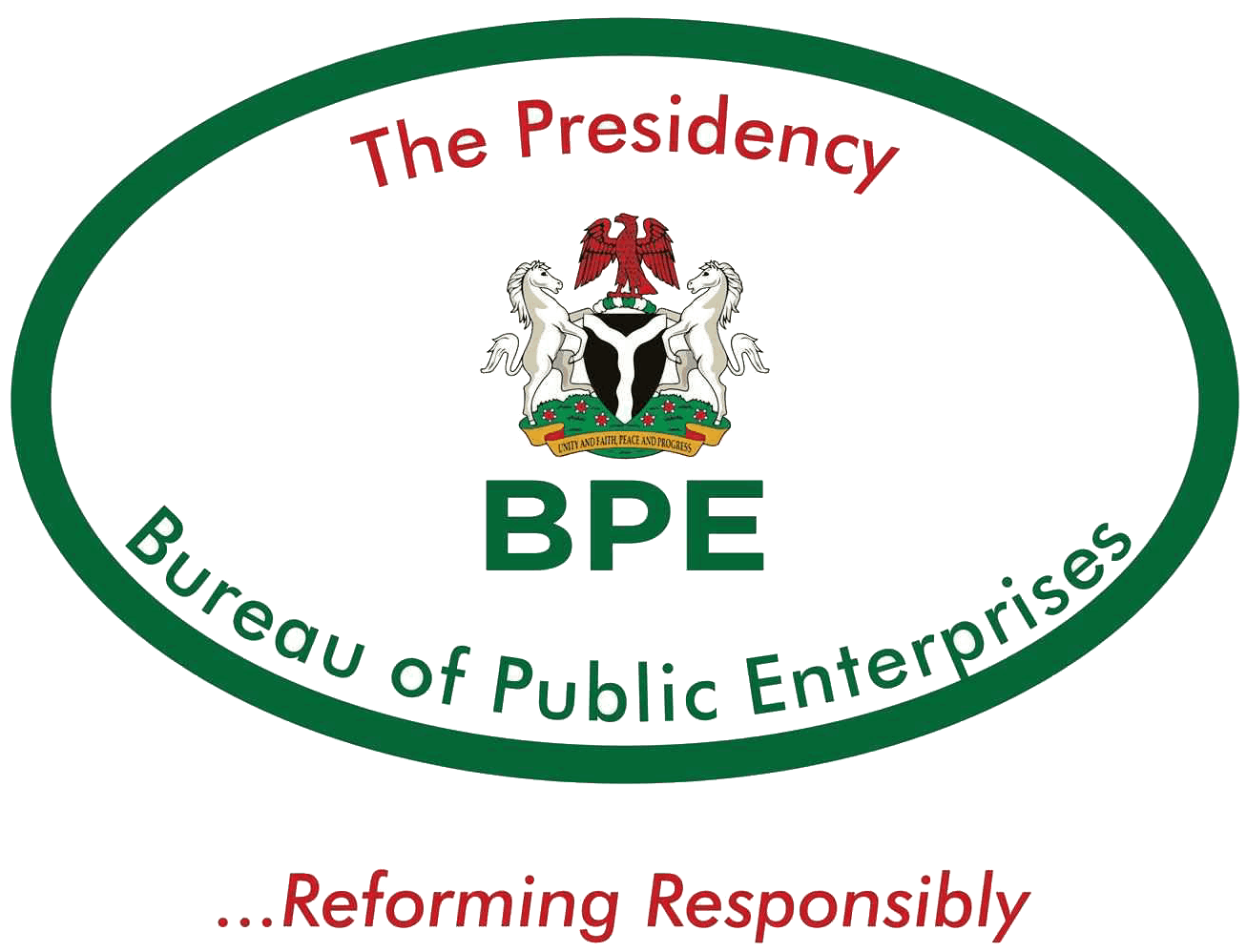
Before reform, Nigeria’s telecommunication sector was dominated by a government monopoly under the Nigerian Telecommunications Limited (NITEL). The sector was characterized by poor service delivery, outdated infrastructure, and extremely limited access. By the late 1990s, Nigeria had fewer than 500,000 active telephone lines for a population of over 120 million people—one of the lowest tele-density rates in the world.
Telephone services were unreliable, expensive, and difficult to obtain, with waiting periods for new connections stretching for months or even years. Businesses and households alike suffered from inefficient communication systems, which slowed down economic activities and discouraged foreign investment.


The Reform Process
Recognizing the urgent need for modernization, the Federal Government, through the Bureau of Public Enterprises (BPE) and in partnership with the Nigerian Communications Commission (NCC), spearheaded a landmark reform of the sector in the early 2000s. Key reform measures included:
Liberalization of the Telecom Sector
Auction of GSM licenses (2001)
Privatization of NITEL
Strengthened Regulation
Encouragement of Infrastructure Investment

The reform of Nigeria’s telecommunication sector is one of the most impactful privatization and liberalization efforts undertaken by the Bureau of Public Enterprises (BPE). By breaking the government monopoly and creating an open, competitive market, millions of Nigerians gained access to affordable, reliable, and modern communication services. The sector has not only bridged communication gaps but also stimulated innovation, attracted foreign direct investment, and created millions of jobs across ICT, fintech, and digital services.

